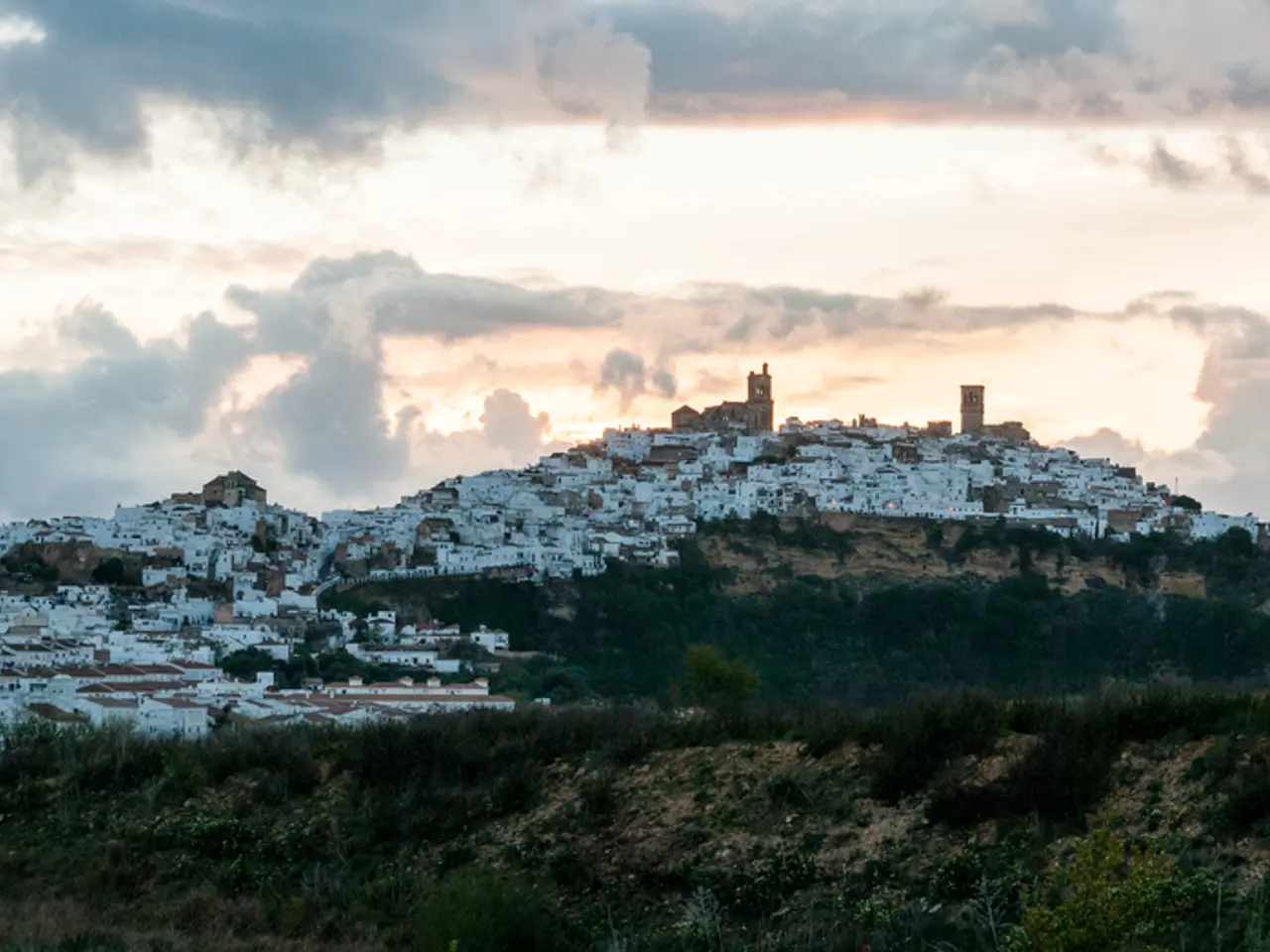Exploring the Mediterranean Odyssey: Delving into History, Culture, and Union
The Mediterranean, a historical and cultural highway for millennia, has connected great empires and facilitated the exchange of ideas, goods, languages, religions, and artistic traditions across three continents—Europe, Asia, and Africa. This crossroads of civilizations fostered profound cultural interchanges that deeply shaped Western and global civilization.
In Istanbul, the city once home to Jews exiled from Spain, Greeks, and Armenians, still echoes with the languages of these civilizations. The Parador de Granada, occupying a former convent within the Alhambra itself, showcases Andalusian geometry in its tiles. Istanbul's Spice Bazaar, perfumed with cardamom and sumac for centuries, houses hidden ateliers within the 500-year-old Zincirli Han caravanserai, where Armenian craftsmen work in six-foot-wide storefronts.
Moving westward, the Hotel Villa Oniria in Granada offers contemporary luxury within sight of the Alhambra's red walls. In Seville, At Abantal, Michelin-starred dishes trace North African spices through Spanish history. The city's hidden tablaos carry the raw memory of exile and return, with the staccato of flamenco heels against tile echoing in the air.
In the heart of the Adriatic, Dubrovnik, Croatia, was a small republic that thrived by being essential to everyone and threatening to no one, choosing sophisticated neutrality over military might. Andalusian garden design can be found in Dubrovnik's courtyards, a testament to the region's cultural exchange.
Syros and Mykonos in the Cyclades offer island life with Catholic churches, Orthodox choirs, and luxury yachts navigating archaeological sites and underwater museums. On Mykonos, Katikies perches above Agios Ioannis beach, offering infinity pools with views of the Aegean's impossible blue and sea breeze carrying the scent of wild thyme and salt.
Further east, the Four Seasons Sultanahmet in Istanbul was once an Ottoman prison built in 1918, housing political prisoners and intellectuals. The Intercontinental Marseille Dieu is an 18th-century hospital transformed into suites overlooking the harbor where Phoenician traders once anchored.
In Athens, the Benaki Museum displays Byzantine icons, Islamic calligraphy, and Ottoman textiles, showcasing Mediterranean cultural exchange. Chef Georgianna Hiliadaki in Athens uses molecular gastronomy to transform ancient Greek ingredients, such as creating a Greek Salad granita and cuttlefish "Oreo". The Hotel Grande Bretagne in Athens has hosted royalty since 1874, including Elizabeth Taylor, Maria Callas, and Winston Churchill.
Le Petit Nice offers three Michelin stars for bouillabaisse that represents centuries of Mediterranean convergence. In Córdoba's courtyards, fountains still echo verses carved in Arabic, a reminder of the region's rich history and cultural diversity.
The Mediterranean's cultural significance lies primarily in its role as the ancient world's central artery for human interaction, making it a melting pot of cultures and a catalyst for the development of civilizations across millennia. This rich tapestry of history and tradition continues to unfold, inviting us to explore, learn, and appreciate the depth and breadth of its cultural legacy.
[1] https://www.britannica.com/topic/Sicily [2] https://www.britannica.com/topic/Persian-Empire [3] https://www.britannica.com/topic/Mediterranean-Sea [4] https://www.britannica.com/topic/Maritime-Silk-Road
- The vibrant lifestyle of the Mediterranean region, blending food-and-drink influences from North Africa and Spain, can be experienced at At Abantal in Seville, where Michelin-starred dishes trace centuries of spice trade through Spanish history.
- Travelers seeking to immerse themselves in the rich cultural heritage of the Mediterranean can visit the Four Seasons Sultanahmet in Istanbul, once an Ottoman prison, or the Intercontinental Marseille Dieu, an 18th-century hospital transformed into suites, both buildings bearing witness to the region's long and complex history.




